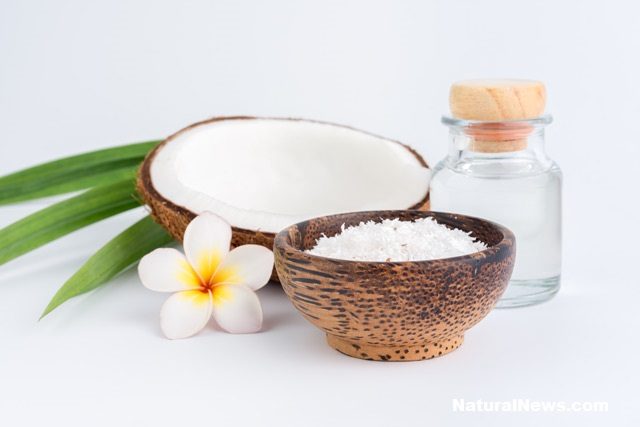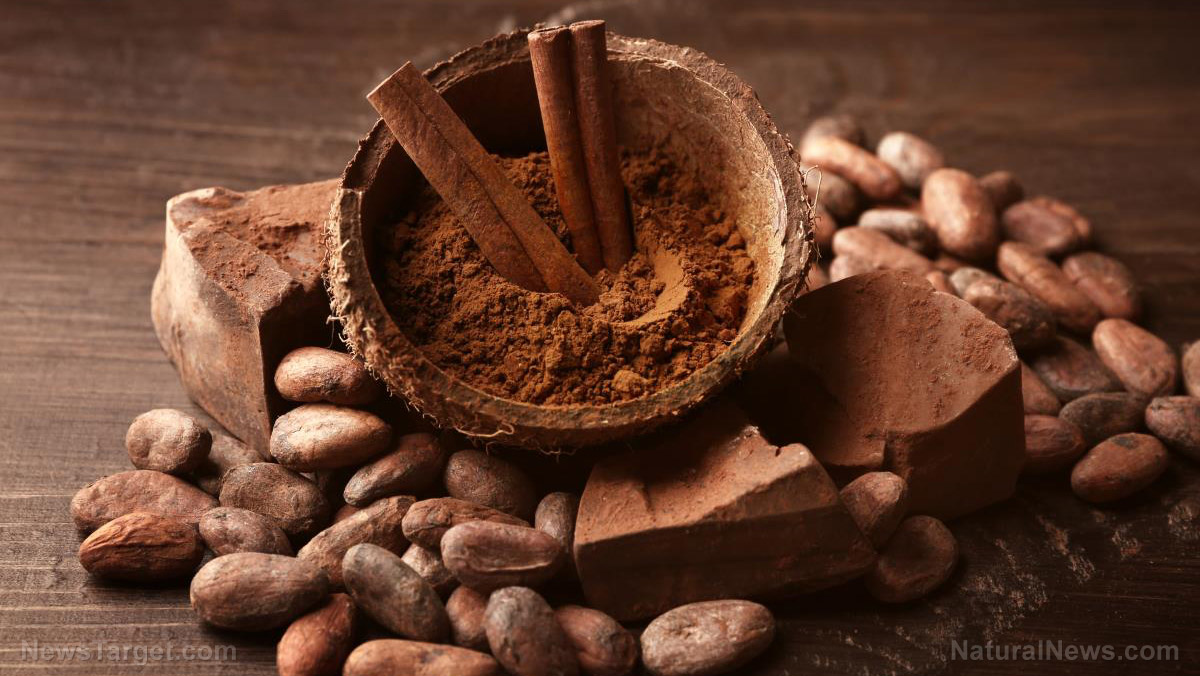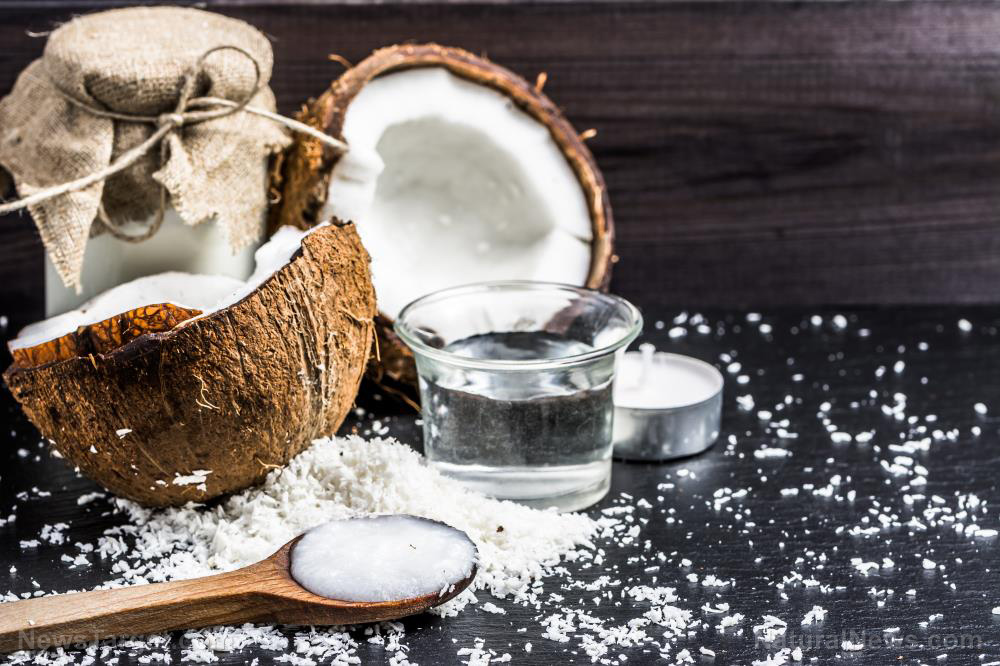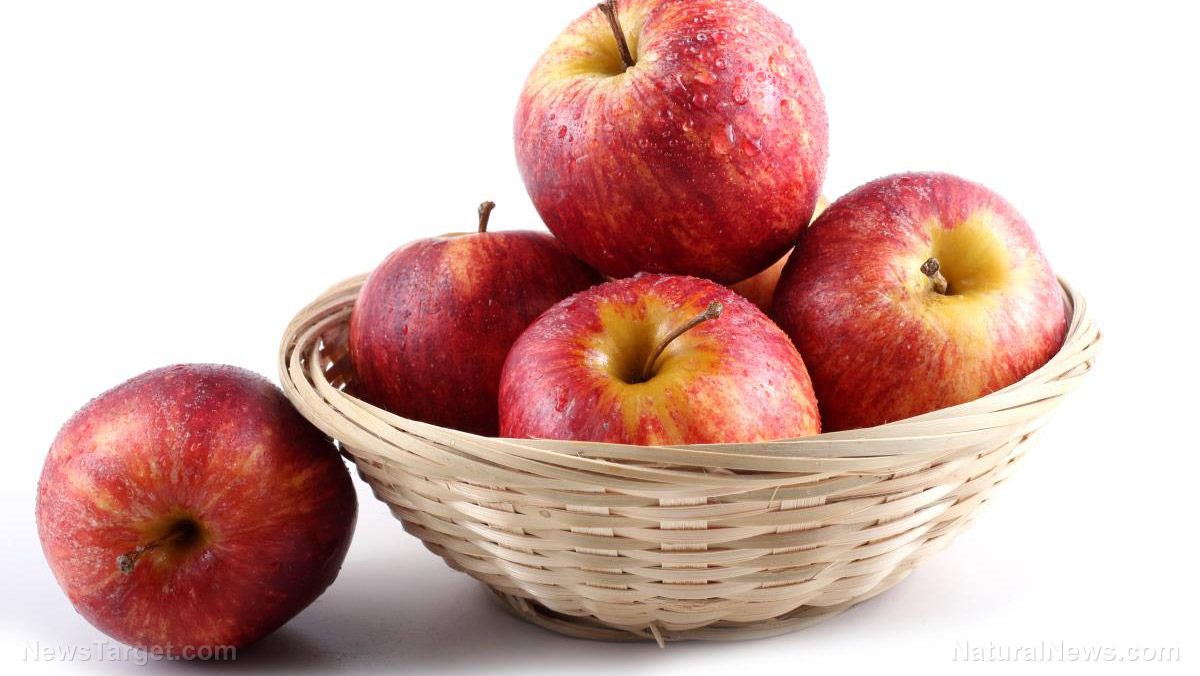South African herb lance-leaved waxberry found to offer antimicrobial and antitumor benefits
03/05/2018 / By Janine Acero

The use of medicinal plants as an alternative treatment to various health conditions is a common practice in many cultures. Many plants have natural antimicrobial activity and other medicinal properties that have yet to be fully explored. One South African herb became the focus of a study published in BMC Complementary and Alternative Medicine investigating its antimicrobial and cytotoxic properties.
The South African medicinal plant Morella serrata (Lam.) or the lance-leaved waxberry is a densely leafed, multi-stem shrub known in African folkloric medicine to treat various human and livestock diseases, as well as reportedly enhance male sexual performance. In other African traditional practices, M. serrata is used to treat respiratory problems such as asthma, coughing, and shortness of breath. The decoction of its root is used to manage menstrual cramps, colds and headaches, and as a laxative to ease constipation.
M. serrata can grow to two meters tall in colonies of damp grassland. They are indigenous to South Africa, growing along streams on grassy hillsides and on forest fringes. They are widely distributed within South Africa virtually in all the provinces as well as in Swaziland, Zimbabwe, and northern Botswana.
The study titled “Medicinal potential of Morella serata (Lam.) Killick (Myricaceae) root extracts: biological and pharmacological activities” investigated M. serrata root extracts for antibacterial and antifungal activity as well as cytotoxicity (toxicity to living cells). The root was oven-dried at 40 degrees Celsius to a constant weight and pulverized. The extracting solvents included water, acetone, and ethanol.
The power of the elements: Discover Colloidal Silver Mouthwash with quality, natural ingredients like Sangre de Drago sap, black walnut hulls, menthol crystals and more. Zero artificial sweeteners, colors or alcohol. Learn more at the Health Ranger Store and help support this news site.
The phytochemical screening detected the presence of bioactive compounds such as flavonoids, saponins, steroids, tannins, and terpenoids.
To evaluate the antibacterial activity, several bacterial strains were used as test organisms, which included both Gram-positive and Gram-negative bacteria such as Escherichia coli, Salmonella typhi, Bacillus pumilis, Listeria spp., and Staphylococcus aereus, to name a few. The test results showed that all the extracts were able to inhibit all the bacterial strains at relatively low concentrations. (Related: Antibacterial activity of Mentha spicata (spearmint) leaves and infusion.)
The findings support the idea that M. serrata has antibacterial activity that can suppress several human pathogenic bacteria and fungi. This validates the efficacy of this medicinal plant for the treatment of various human and livestock diseases in African folkloric medicine.
M. serrata could also be a potential source of antitumor compounds after the methanol and ethanol root extracts displayed potent cytotoxicity against brine shrimp (Artemia salina) larvae. This particular species is known to be sensitive to toxic substances, which makes them common test organisms for toxicity assays in pharmacology.
African medicinal plants
Other African medicinal plants used in traditional healing methods against infections and certain chronic conditions include:
- African ginger (Siphonochilus aethiopicus) – This is one of the most frequently used medicinal herbs in South Africa for treating certain health issues, such as coughs, colds, asthma and flu, as well as menstrual cramps.
- African potato (Hypoxis) – This is a well known immune system booster and is reputed to be effective against a host of chronic conditions such as tuberculosis, asthma, HIV and aids, and even cancer.
- Buchu (Agathosma betulina) – The anti-inflammatory and antiseptic nature of its essential oil make it an effective alternative remedy for high blood pressure, UTI infections, arthritis, and gout.
- Devil’s claw (Harpagophytum) – The large tuberous roots of the devil’s claw are dried to form powders, tinctures and extracts. It is commonly used to relieve pain, enhance mobility and relieve symptoms of musculoskeletal conditions, diabetes, headaches, and menstrual problems.
- South African geranium (Pelargonium sidoides) – Its potent antibacterial and antiviral properties are ideal in the treatment of chronic respiratory problems such as bronchitis, sore throat, sinusitis, colds and flu.
Other studies have explored the efficacy of African medicinal plants in treating malaria, a deadly infectious disease. Find out more about this and other stories on traditional medicine at NaturalCures.news.
Sources include:
Tagged Under: African herb, antibacterial, Antimicrobial, antitumor, botanical medicine, E. coli, herbal medicine, Herbs, lance-leaved waxberry, medicinal plants, Morella serrata, natural medicine, natural remedies, pathogens, Salmonella, South Africa, traditional medicine




















